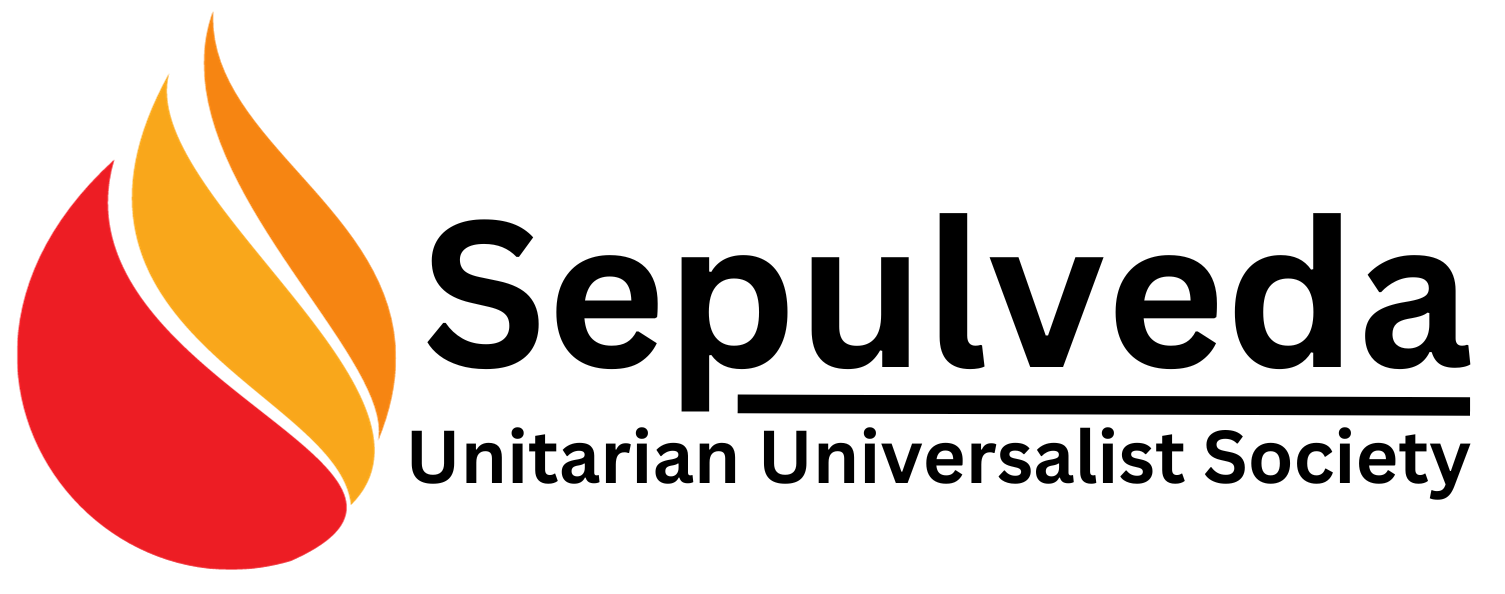Day 28. Accessibility as Love in Action – Advocating for Others in Your Communities.
Accessibility is more than ramps and elevators—it’s love in action. As an advocate for accessibility, you learn that creating inclusive spaces isn’t simply about compliance; it’s about embodying our faith’s deepest values. Accessibility demonstrates our commitment to honoring every person for who they are and building a community where everyone belongs.
Becoming an Advocate
As an accessibility advocate, the scope of the work needed can be overwhelming at first. Over time, real change can be implemented, and we come to see this work not as an obligation but as a sacred practice of love.
You may choose to advocate for a sign language interpreter, allowing those with hearing impairment to fully experience the liturgy for the first time. You may learn about universal design to support the needs of the visually impaired, neurodivergent or those with speech disorders. Advocating for accessibility can deepen our faith, as it shows how small actions—like ensuring captions on videos or organizing sensory-friendly services—can have a profound impact on someone’s spiritual journey.
Resources to Learn More
- Books and Articles:
- “Disability and the Church: A Vision for Diversity and Inclusion,” by Lamar Hardwick
- “Accessibility is Inclusion” – Article on the UUA website
- Podcasts and Videos:
- “Accessibility as a Justice Issue” – A webinar from the AUUD
- “The Accessible Stall” – A podcast that works to “keep it real” with issues in the disability community
A Closing Thought
We strive to affirm and promote the interconnectedness among us all. Accessibility ensures that no one is left out. By committing to this work, we not only uphold our values but also create spaces that reflect the transformative power of love in action.
May we continue this journey together, expanding our circles of care and connection so that all may find belonging.
An Invitation to Reflect
Advocating for others take careful thought and planning. As you reflect on your role as an advocate for belonging and inclusion, use these questions to guide you.
- What does advocating for others look like to you? How can you make space for that in your community?
- Who should you connect with in order to advocate effectively?
- Where do you see opportunities to express love in action through accessibility?
Learn more: The National Center on Disability and Access to Education (NCDAE) shares information and tools for accessibility in learning and community settings.
Wholeness is not a fixed state; it is an evolving practice of acceptance, compassion, and justice. Together, let us explore what it means to bring wholeness into our own lives, our congregations, and the broader world.
#UU #UUA #CelebrateDiversity #DisabilityRights #AccessibilityMatters
Discover more from SepulvedaUU
Subscribe to get the latest posts sent to your email.
